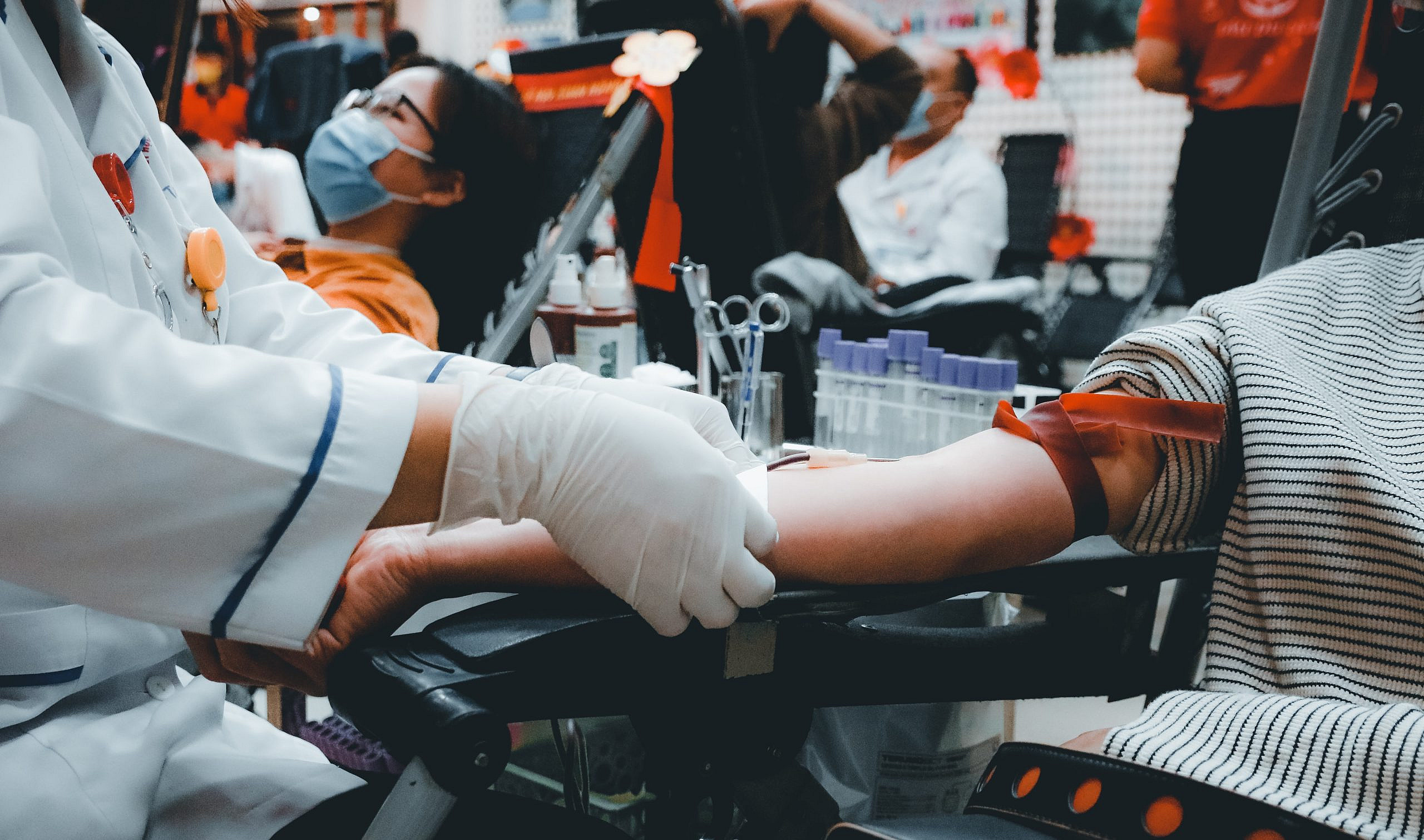
Addressing the Organ Donor Crisis
Summary
The organ-donation crisis is one of the most persistent, expensive, and yet solvable public-health challenges of our time. As of January 2020, nearly 115,000 Americans were waitlisted for an organ transplant. The vast majority have kidney failure, which, as one of the rare conditions qualifying patients for Medicare, imposes billions of dollars of costs on taxpayers. In 2016 alone, taxpayers spent an alarming $113 billion on kidney disease — more than the entire budgets of the National Institutes of Health ($39 billion), the Department of Homeland Security ($44 billion), and the National Aeronautics and Space Administration (NASA, $21.5 billion) combined. The clear solution is to shorten the organ waiting list. For every Medicare patient who receives a kidney transplant, taxpayers save $250,000 in avoided dialysis costs. This proposal presents a discrete set of actions for the federal government to take to quickly and decisively to address the organ-donation crisis.
As people wait for this catastrophic grid failure to be remedied, much of southeast Texas, which includes Houston, is enduring dangerous, extreme heat with no air conditioning amid an ongoing heatwave.
The federal government plays a critical role in scaling up heat resilience interventions through research and development, regulations, standards, guidance, funding sources, and other policy levers. But what are the transformational policy opportunities for action?
Comprehensive heat safety standards are essential to mitigate the impacts of climate change on farmworkers and ensure the sustainability and resilience of agricultural operations.
Public deliberation, when performed well, can lead to more transparency, accountability to the public, and the emergence of ideas that would otherwise go unnoticed.